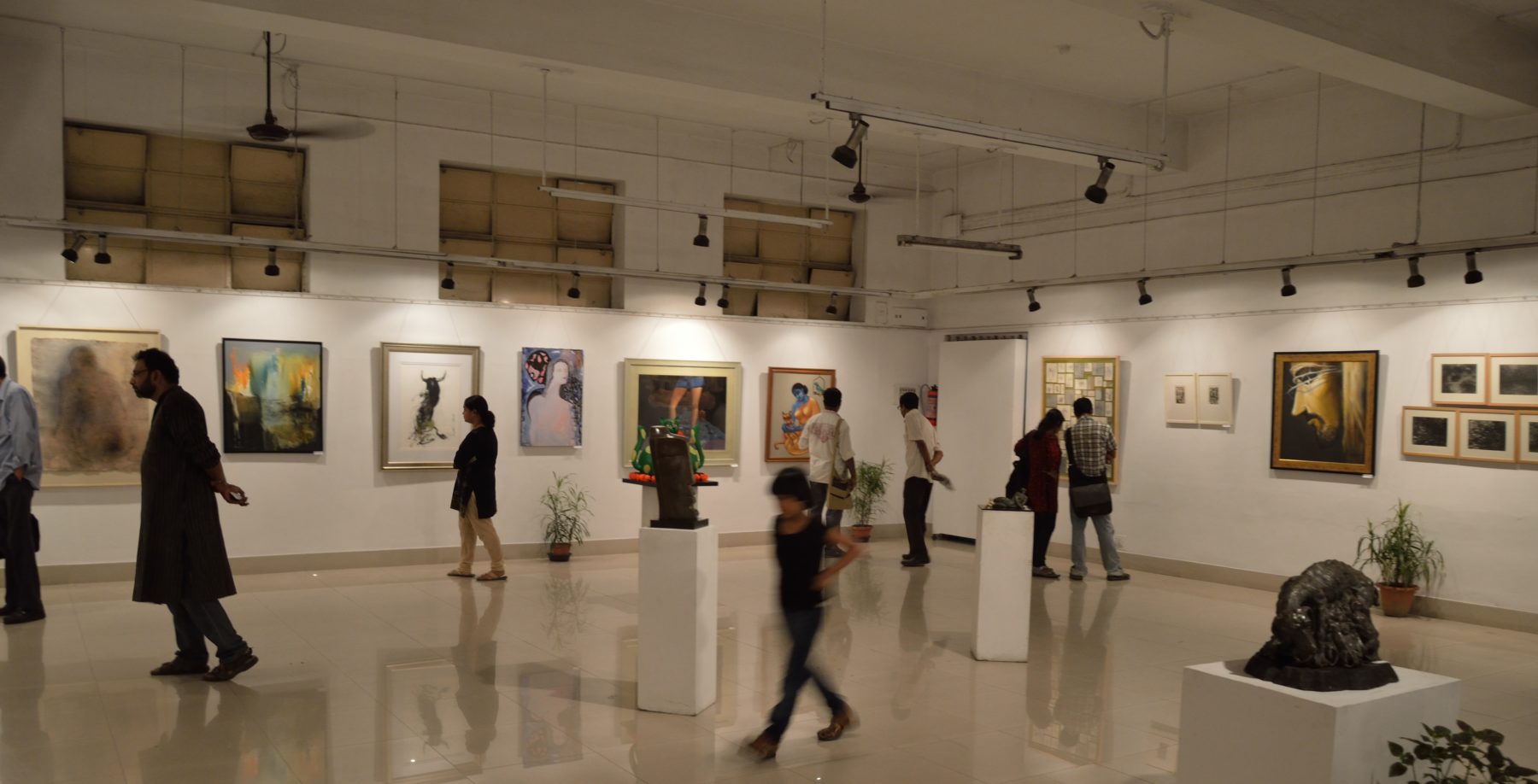Date: Friday 29th, January 2021
Calcutta: 9:30 AM – 10:30 AM
Jakarta: 11:00 AM – 12:00 PM
Singapore: 12:00 – 1:00pm
AEDT (NSW, ACT, Victoria, Tasmania): 3.00-4.00pm
This virtual study group (VSG) focussed on work related to creative equity and the decolonization of creative practice in Asia.
Description:
How does the language of diversity, equity and inclusion translate into arts and cultural policy across Asia? What does it mean to decolonise cultural practice in Singapore, India or Indonesia, and what does that look like in 2021? What understandings of race, gender or sexual difference circulate in these societies and their systems of governance, and what might the Anglophone world learn about the limits of its own political discourses from these different cultural and national contexts?
This Virtual Study Group featured cultural researchers and practitioners from three different national contexts across Asia. By recognising that colonialism has occurred in many different sites and ways around the world, this discussion considers the different sites and ways through which the decolonialising of cultural policy and practice might also take place. It investigated new frameworks through which to think through racism and cultural imperialism, particularly those that do not rely on notions of whiteness, or the presupposition of a world defined by notions of centre and periphery.
Speakers:
Charlene Rajendran is Assistant Professor at the National Institute of Education, an institute of Nanyang Technological University, Singapore. As a theatre educator and dramaturg, her research interests focus on contemporary interdisciplinary theatre, play-based pedagogy, issues of identity and arts leadership. Her publications include: Performing Southeast Asia: Performance, Politics and the Contemporary (co-edited with Marcus Tan, 2020, Palgrave Macmillan); Excavations, Interrogations, Krishen Jit and Contemporary Malaysian Theatre (co-edited with Ken Takiguchi and Carmen Nge, 2018, Epigram and Five Arts Centre); academic articles in RIDE, Applied Theatre Research, TDR, Theatre, Dance and Performance Training, Asian Theatre Journal and creative works. Charlene has collaborated with diverse artists in performing, devising and facilitating dialogical processes since she was a teenager in the 1970s, and is currently Co-Director of the Asian Dramaturgs’ Network.
Vikram Iyengar is an arts leader and connector based in Calcutta, India, and working internationally. He is a dancer-choreographer-director, curator-presenter, and arts researcher-writer. Co-founder and artistic director of the performance company Ranan, he also initiated and leads the Pickle Factory Dance Foundation. His oeuvre spans practice, discourse, critique, ideation and management, revolving around the central tenet of creating deep connections with and through the arts. An ARThink South Asia Arts Management Fellow, Global Fellow of ISPA (International Society for the Performing Arts), and alumnus of the Australian International Arts Leaders programme, Vikram was awarded the Ustad Bismillah Khan Yuva Puraskar (2015) from Sangeet Natak Akademi, Government of India for his work in contemporary dance.
Antariksa is co-founding member of KUNCI Study Forum & Collective, a research collective founded in 1999 in Yogyakarta, Indonesia. KUNCI is part of Arts Collaboratory, an ecosystem of twenty-five like-minded organizations situated predominantly in Asia, the Middle East, Africa, and Latin America, all of whom are focused on collective governance. The organisations engage in expanded artistic and curatorial practices for social change, as well as sustainability practices in their respective contexts, with the aim of being effective in and beyond the field of art.
Antariksa is also the author of Tuan Tanah Kawin Muda: Hubungan LEKRA-Seni Rupa 1950-1965 (Tuan Tanah Kawin Muda: The Relation Between Art and the Institute of People’s Culture 1950-1965) (2005). His works have been exhibited in, among others, Europalia 2017 (Brussels, Belgium), Sharjah Biennale 2019 (Sharjah, UAE) and Asian Art Biennial 2019 (Taichung, Taiwan). In 2017 he was the laureate of Global South(s) du Collège d’études mondiales/Fondation Maison des sciences de l’homme fellowship, Paris. His current research and exhibition projects concern art and the mobility of ideas in Japanese-occupied Southeast Asia.
